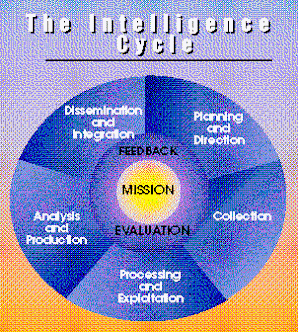Enhanced interrogation techniques
The ethics of enhanced interrogation techniques, detailed in a series of White House memos earlier this year, have come under growing fire in Washington and around the world. And the effectiveness of these practices—including sleep deprivation and waterboarding—have drawn increasing scrutiny in the scientific community. A new review paper, published online in Trends in Cognitive Science, investigates whether such intense approaches, labeled as torture by some, might be counterproductive to obtaining accurate information from suspects.
The use of coercive interrogation "is based on the assumption that subjects will be motivated to reveal veridical information to end interrogation, and that extreme stress, shock and anxiety do not impact memory," Shane O'Mara, a professor at the Trinity College Institute of Neuroscience in Dublin and the paper's lead author, said in a prepared statement. "However, this model of the impact of extreme stress on memory and the brain is utterly unsupported by scientific evidence."
It's become the conventional wisdom that the tortured will say anything to make the torture stop, and that "anything" need not be truthful as long as it is what the torturers want to hear. Solid scientific evidence on how repeated and extreme stress and pain affect memory and executive functions (such as planning or forming intentions) suggests these techniques are unlikely to do anything other than the opposite of that intended by coercive or 'enhanced' interrogation."


0 comments:
Post a Comment